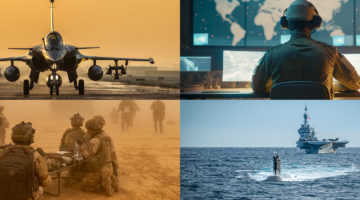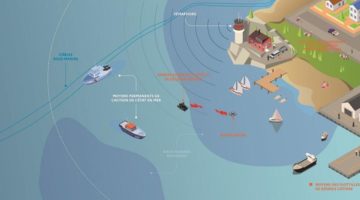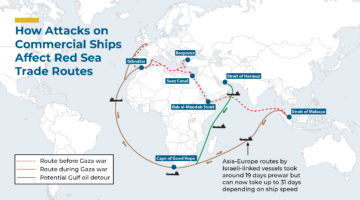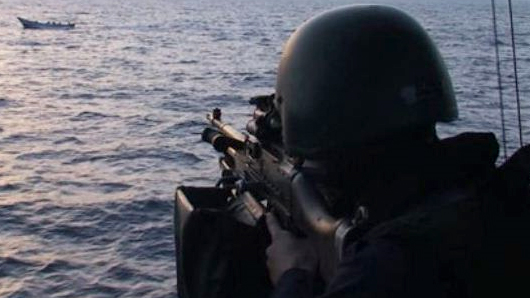GoAGT: International Cooperation Needed to Tackle Maritime Crime at Source in West Africa
Abstract from >> click here :>> www.seapowermagazine.org
FLORIANA, Malta — The shipping industry and coastal countries in West Africa should increase levels of training and cooperation to prevent maritime crime from spreading in the region, a leading maritime security company, Gulf of Aden Group Transits Ltd. (GoAGT), said in a May 14 release.
For the last five years, increasing instability in the Sahel and Sahara region has been a source of growing concern for the world’s governments. Western onlookers have worried that the weakness of state control in the area would allow al-Qaida in the Islamic Maghreb a foothold.
“When there was instability of this type in East Africa, piracy began spreading rapidly in the waters off Somalia,” said Nick Davis, chief executive officer of GoAGT. “Simply put, piracy offered a viable economic alternative. In West Africa, the persistent threat to shipping and infrastructure is widespread, costly, and dangerously underreported, and with few barriers to entry other than speedboats, weapons and desperation, it could spread to the north.
“The situation demands a coordinated response like the UKMTO [U.K. Maritime Trade Operations] and MSC-HOA [Maritime Security Centre-Horn of Africa] for the whole of West Africa,” Davis said. “This idea has been floated for a while, however, the multilateral naval cooperation that exists between coastal nations around the world, which has helped enormously in Somalia, seems to be far from reality off the west coast of Africa. Countries in the region don’t seem to be willing to cooperate or even agree on a structure for a reporting system, and this is essential to tackle maritime crime at source before it becomes a major problem.”
Between Western Sahara’s disputed northern border to Cape Palmas, Liberia, lies a coastline of more than 4,000 kilometers and an Exclusive Economic Zone that is almost 1 million square kilometers, which is around half of the total size patrolled in the Indian Ocean.
“Sources suggest naval assets in the region suitable for the task of disrupting piracy number around 150,” Davis said. “However, these lack the necessary training and coordination and, with the high number of merchant vessels transiting cargo north to Europe, it creates an environment in which maritime crime could flourish very quickly.
“The maritime industry should examine the potential for crime now rather than take the reactive stance it has taken in the past. Unified action, training of local assets and communication could defeat piracy before it becomes a threat,” he said. “However, with ever-present disputes over offshore energy ownership and fishery zones a solution only seems possible after governments start seeing a sustained loss to their GDP [Gross Domestic Product].”
*** Posted by Quentin Michaud









